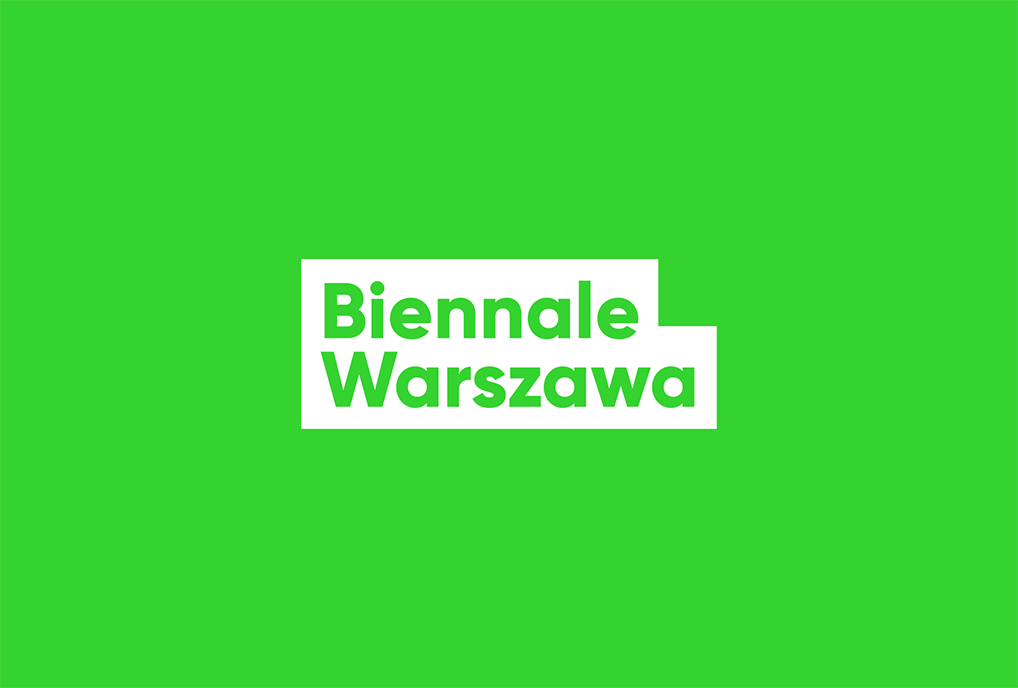Statement of Biennale Warszawa
on inaccurate information shared in media and online
Introduction
Publishing and sharing online articles which contain misrepresentations, manipulations and inaccurate information about the activities of Biennale Warszawa requires that Biennale Warszawa makes a clear statement which will feature facts concerning the Social School of Anti-Capitalism, a programme carried out by Biennale Warszawa, which was subject to a media smear campaign as well as multiple distortions and manipulations.
Before we present these facts, it is necessary to briefly refer to our statutory objectives to which the activities of Biennale Warszawa are devoted.
The Mission of Biennale Warszawa
One of the crucial elements of Biennale Warszawa’s mission is creating the platform for cooperation with cultural institutions, non-governmental organisations, social initiatives as well as creators, researchers and activists working in all fields within the area of interest of Biennale Warszawa. This mission was stipulated in detail in the Biennale statute, and in particular in its extensive preamble. We should emphasise at this point that contrary to media messages, “theatre” is not the organisational form in which Biennale Warszawa is currently operating. In line with the statute, Biennale Warszawa is an “interdisciplinary cultural institution conducting artistic, research, educational and social activities” that “operates at the intersection of various disciplines, combining the area of culture and art with the area of theory and research, as well as social activism.” Furthermore, the City of Warsaw clearly imposed on Biennale Warszawa a statutory obligation to not only support social and cultural activities of Warsaw’s residents, but also, among others, promote active, emancipatory citizenship, ideals of common good, as well as economic, social, cultural, and political equality.
Biennale Warszawa performs this part of its mission by conducting educational, research and social activity, including organising meetings, seminars, symposiums, training sessions, workshops, conferences, academic congresses and concerts, as well as other events of local, national and international reach, and – most crucially – through cooperation with “institutions, non-governmental organisations, and civic initiatives in Poland and abroad which work in the area of culture, research, social or educational activity and whose objective coincide with the social role of Biennale Warszawa.”
Polish Social Forum and the Social School of Anti-Capitalism
In the first edition of Biennale Warszawa titled “Let’s organise our future!,” one of the programming blocks was devoted to various democratic solutions in Poland and abroad. We presented video art and theatrical performances devoted to new visions of democracy. One of the crucial elements of this programming line was an event organised with a group of over 50 social organisations, civic initiatives, and activist groups – a two-day conference called the Polish Social Forum.
At the conclusion of the Forum, its participants proposed the creation of a joint educational programme, featuring open lectures and seminars which would require registration. According to its co-organisers’ intentions, the series was conceived as a bridge between the first and the second edition of the Polish Social Forum. Topics of the series included “economic inequalities, toxic individualism, precarisation, climate crisis, and reactionary nationalisms,” i.e. social, economic, or political challenges which even mainstream economists consider to be a consequence of the adoption of the neoliberal model of capitalism. The representatives of social organisations and civic initiatives proposed a title for the series: “Social School of Anti-Capitalism” of the Polish Social Forum. 4 lectures and 4 seminars were held within the series. Parts of the series devoted to open software and anti-fascism turned out to be among the most important events of the series. Especially the latter, organised in November 2019, 10 days before the Polish Independence Day, played a particular part – it was conceived as an anti-violence guide for activist communities operating in various areas. The participants of the aforementioned workshops discussed various democratic forms of protest, both in the historical and contemporary context. They learned how to exercise their right to manifest their beliefs without engaging in violence, how to handle hate while protesting, and how to avoid attacks from aggressive groups. During the Independence March in the past, there have been multiple instances of acts of violence against social organisations of activist groups.
All workshops within the programme were open. However, on account of the limited number of places due to both limited space and the workshop working mode, we required participants to register. It is a universally used method of organising workshops, practiced by most cultural institutions. Registration was open from 17 until 30 September, and it was publicly announced on our website and social media channels. We did not apply any limitations. Every person who expressed their interest in the participation was admitted.
We hold the cooperation of Biennale Warszawa with social organisations, civic initiatives, and activist groups in very high regard. Particularly important, from our point of view, is trust placed in us by these entities. Biennale perceives this programme as the fulfilment of our statutory mission. It was created on the basis of a provision which obligates us to promote active, emancipatory citizenship, the ideas of common good, economic, social, cultural and political equality, as well as to act for a critically-thinking society which we consider absolutely fundamental to our mission.
Conclusion
We object to the instrumental use of topics related to cultural, artistic and social activities in a violent election campaign. Furthermore, due to the hysterical tone of media messages, which are at the same time far from the standards of objective and reliable journalism, and are based exclusively on manipulated or distorted facts and insinuations, we announce that any attempts to infringe upon the personal rights of Biennale Warszawa, including compromising the reputation of the cultural institution and accusing Biennale Warszawa of conducting unlawful activities, will be fully addressed and appropriate legal measures will be taken.
Support for Biennale Warszawa
Thank you for all your solidarity gestures with our institution. Thanks for your support for:
Collaborators of Biennale Warszawa
Przystanek “Świetlica” dla dzieci uchodźców
Warszawska Świetlica Krytyki Politycznej
Bienále Ve věci umění / Matter of Art
Biennale de Gentilly

